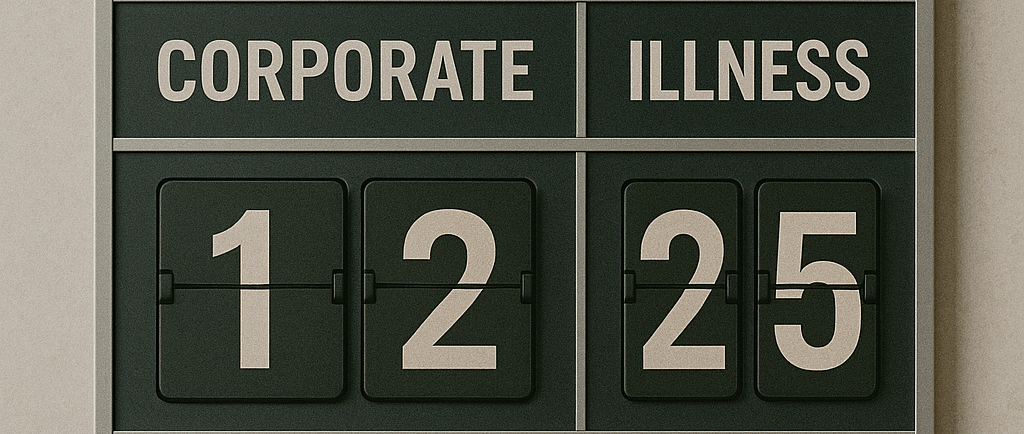Your Body Keeps Score: Stress Signals You Shouldn’t Ignore
How physical symptoms reveal what your workload might be doing to your well-being
Kamy Charles
9/30/20251 min read


Work stress doesn’t just stay at work. It shows up in headaches, back pain, fatigue, anxiety, and even digestive issues.
The reality? Your body keeps score of every late night, missed lunch, and tense conversation.
---
The Connection Between Stress and Physical Health
Research shows chronic work stress triggers the body’s “fight or flight” system far too often, leading to:
Muscle tension and headaches
Increased heart rate and fatigue
Sleep disruption and anxiety
Weakened immune response
What we call “just a busy season” can actually be a slow, steady drain on long-term health if ignored.
---
Common Signals You Might Be Overlooking
At Opus Opportunities, we coach professionals to notice early signs of stress before burnout sets in:
1. Recurring headaches → Often linked to muscle tension or eyestrain.
2. Insomnia or fatigue → Your nervous system may be stuck in overdrive.
3. Digestive issues → Stress affects gut health more than most people realize.
4. Irritability or mood swings → Emotional health mirrors physical strain.
These signs aren’t inconveniences—they’re red flags.
---
How to Respond Before Burnout Hits
Pause, don’t power through → Take short breaks every 90 minutes to reset focus.
Move daily → Stretching, walking, or yoga helps release stored tension.
Set boundaries → Protect your time after work hours to allow recovery.
Ask for help → Workload conversations with managers or HR prevent silent suffering.
Your body doesn’t lie—and the sooner you listen, the sooner you can intervene.
---
Final Thought
Ignoring stress signals doesn’t make you stronger. It makes burnout inevitable.
Your health and career both deserve better than survival mode.
